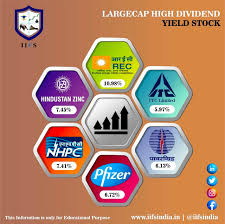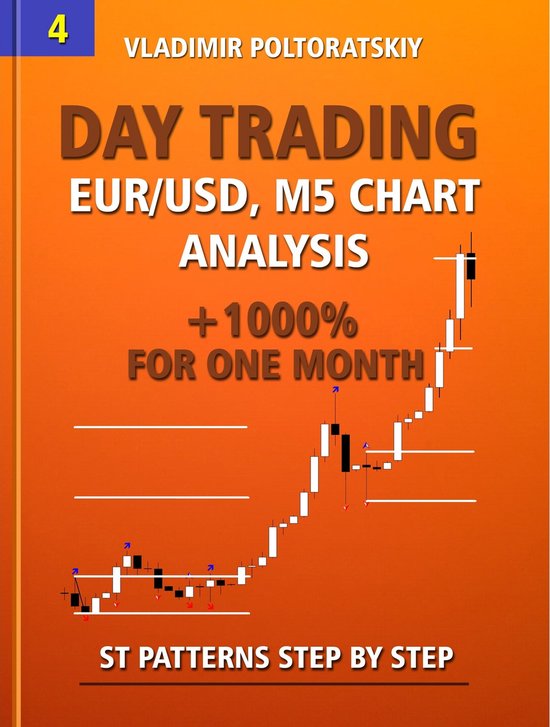
Commodity currency can be defined as a form of currency that is directly linked to a product. This type of currency can also be used to trade commodities like oil, wheat or gold.
Traders can buy and sell commodities on the spot or futures market or via options. This will affect their value. This type of currency is typically less volatile than other currencies, and more predictable in the long run.
A backed currency is one that is based on a particular commodity, such as silver or gold, or it can be a commodity itself that can be exchanged for money. This type of currency often solves the divisibility issue because it allows for an unlimited amount of coins and notes to be issued in a country, so each individual can use money that is redeemable for a certain commodity.
If you're interested in trading with these types of currencies, you need to understand how they work. These currencies have a wide range of influences, including the economy and GDP (gross-domestic product), as well as inflation and interest rate.

Some economies are diverse and export a wide variety of commodities. Their currencies can therefore fluctuate in relation to their prices. If a country produces copper, its currency may rise in value as demand increases. As well, a metal-importing country may see its currency value fall when demand for metals drops.
In the past, currency backed by commodities has been popular. Before 1933, US dollars were backed by commodities. During this time, the US government valued each dollar at $1 worth of gold.
This money type is important for countries with low incomes, as it allows people to buy goods without spending large sums of cash. This way, currency backed by commodities can reduce poverty and inequity.
The GDP (gross national product) is another important factor. Oil and grain demand will increase when the economy grows. On the other side, if an economy slows, then the demand for commodities such as oil and grain will fall.
Other factors also affect commodity prices but these are by far the most prevalent. The price can fluctuate based on many factors including weather, crop percentage, oil availability, etc.

Forex markets are much more stable than commodity markets, so it's easier to find a pattern when trading these currencies. It's easier to predict the market and to make trading more consistent.
The forex markets offer a good place to trade currency backed with commodities. For example, the Australian dollar is based on several different commodities. The AUD is the world's largest exporter of coal and iron ore, and also has a strong connection to the value of gold, which makes it react to changes in the price of these commodities.
FAQ
How do I choose a good investment company?
Look for one that charges competitive fees, offers high-quality management and has a diverse portfolio. Fees are typically charged based on the type of security held in your account. Some companies charge nothing for holding cash while others charge an annual flat fee, regardless of the amount you deposit. Some companies charge a percentage from your total assets.
It is also important to find out their performance history. Companies with poor performance records might not be right for you. You want to avoid companies with low net asset value (NAV) and those with very volatile NAVs.
You should also check their investment philosophy. Investment companies should be prepared to take on more risk in order to earn higher returns. They may not be able meet your expectations if they refuse to take risks.
What are the benefits to owning stocks
Stocks can be more volatile than bonds. When a company goes bankrupt, the value of its shares will fall dramatically.
However, if a company grows, then the share price will rise.
For capital raising, companies will often issue new shares. This allows investors to buy more shares in the company.
To borrow money, companies use debt financing. This allows them to get cheap credit that will allow them to grow faster.
If a company makes a great product, people will buy it. The stock will become more expensive as there is more demand.
As long as the company continues to produce products that people want, then the stock price should continue to increase.
What's the difference between the stock market and the securities market?
The securities market is the whole group of companies that are listed on any exchange for trading shares. This includes stocks as well options, futures and other financial instruments. Stock markets are typically divided into primary and secondary categories. Primary stock markets include large exchanges such as the NYSE (New York Stock Exchange) and NASDAQ (National Association of Securities Dealers Automated Quotations). Secondary stock markets allow investors to trade privately on smaller exchanges. These include OTC Bulletin Board Over-the-Counter (Pink Sheets) and Nasdaq ShortCap Market.
Stock markets are important because it allows people to buy and sell shares in businesses. Their value is determined by the price at which shares can be traded. When a company goes public, it issues new shares to the general public. These newly issued shares give investors dividends. Dividends can be described as payments made by corporations to shareholders.
Stock markets provide buyers and sellers with a platform, as well as being a means of corporate governance. The boards of directors overseeing management are elected by shareholders. Boards ensure that managers use ethical business practices. If the board is unable to fulfill its duties, the government could replace it.
Statistics
- "If all of your money's in one stock, you could potentially lose 50% of it overnight," Moore says. (nerdwallet.com)
- Even if you find talent for trading stocks, allocating more than 10% of your portfolio to an individual stock can expose your savings to too much volatility. (nerdwallet.com)
- Ratchet down that 10% if you don't yet have a healthy emergency fund and 10% to 15% of your income funneled into a retirement savings account. (nerdwallet.com)
- Our focus on Main Street investors reflects the fact that American households own $38 trillion worth of equities, more than 59 percent of the U.S. equity market either directly or indirectly through mutual funds, retirement accounts, and other investments. (sec.gov)
External Links
How To
How to Trade in Stock Market
Stock trading refers to the act of buying and selling stocks or bonds, commodities, currencies, derivatives, and other securities. Trading is a French word that means "buys and sells". Traders trade securities to make money. They do this by buying and selling them. This is the oldest type of financial investment.
There are many ways to invest in the stock market. There are three types that you can invest in the stock market: active, passive, or hybrid. Passive investors watch their investments grow, while actively traded investors look for winning companies to make a profit. Hybrid investors take a mix of both these approaches.
Passive investing is done through index funds that track broad indices like the S&P 500 or Dow Jones Industrial Average, etc. This method is popular as it offers diversification and minimizes risk. You can simply relax and let the investments work for yourself.
Active investing involves selecting companies and studying their performance. The factors that active investors consider include earnings growth, return of equity, debt ratios and P/E ratios, cash flow, book values, dividend payout, management, share price history, and more. They decide whether or not they want to invest in shares of the company. If they feel the company is undervalued they will purchase shares in the hope that the price rises. On the other hand, if they think the company is overvalued, they will wait until the price drops before purchasing the stock.
Hybrid investing blends elements of both active and passive investing. One example is that you may want to select a fund which tracks many stocks, but you also want the option to choose from several companies. In this instance, you might put part of your portfolio in passively managed funds and part in active managed funds.